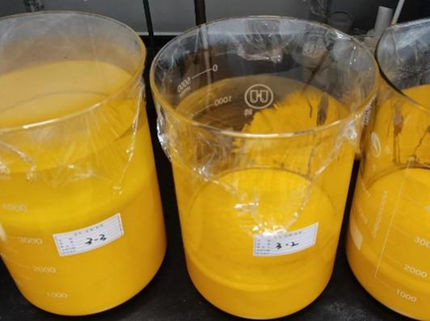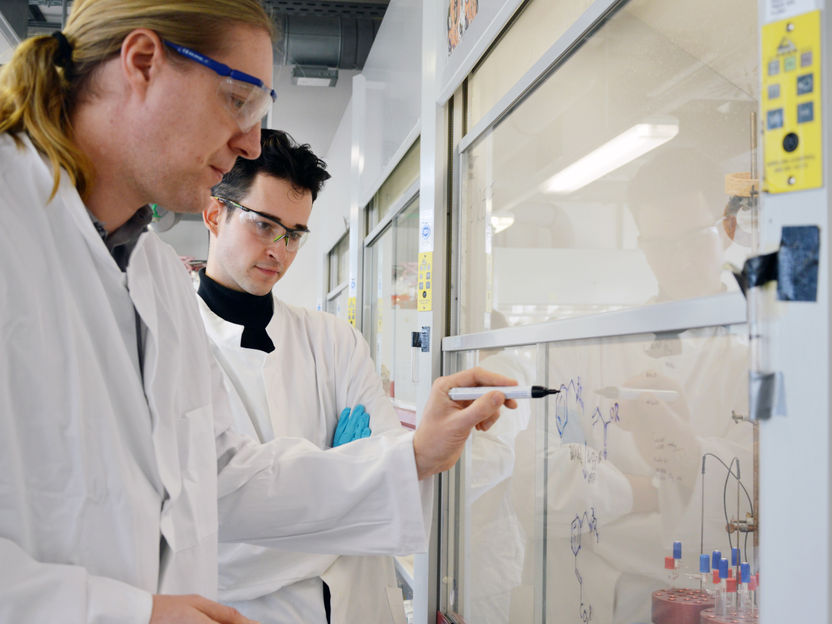“Sustainable Recycling Industries” – a new approach for developing countries
Advertisement
Recovery of raw materials from waste as a business model for developing countries: Empa, the Swiss Federal Laboratories for Materials Science and Technology, and the Swiss State Secretary for Economy Affairs (SECO) have been pursuing this approach since 2003. Since then, sustainable recycling systems for electrical and electronic waste (e-waste) have been developed successfully in various developing countries. The new program, “Sustainable Recycling Industries”, is to be presented at the “ICT for Sustainability” conference (ICT4S) in Zurich.
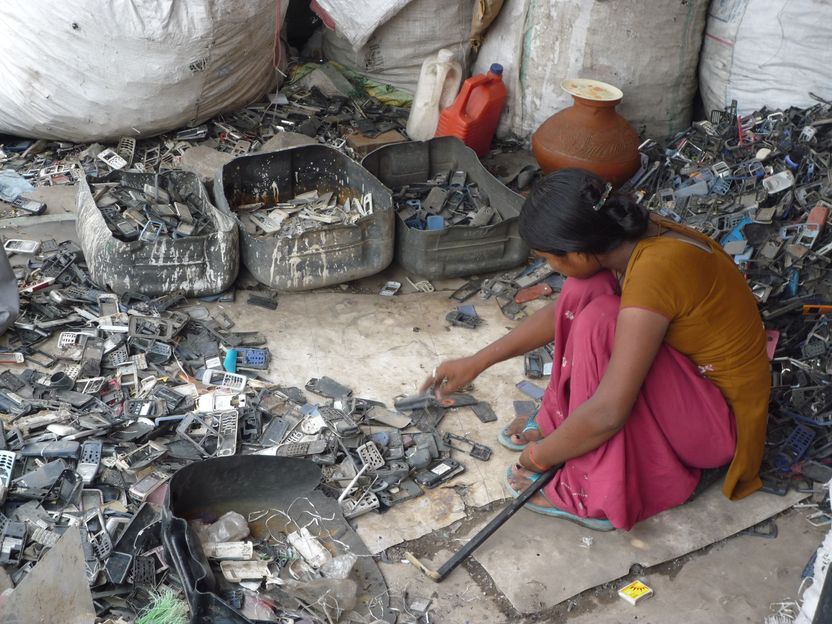
Plastics recycling in Delhi (India): Deconstruction, sorting and preparation of polymeric components involves a lot of manual work done mostly by women and children.
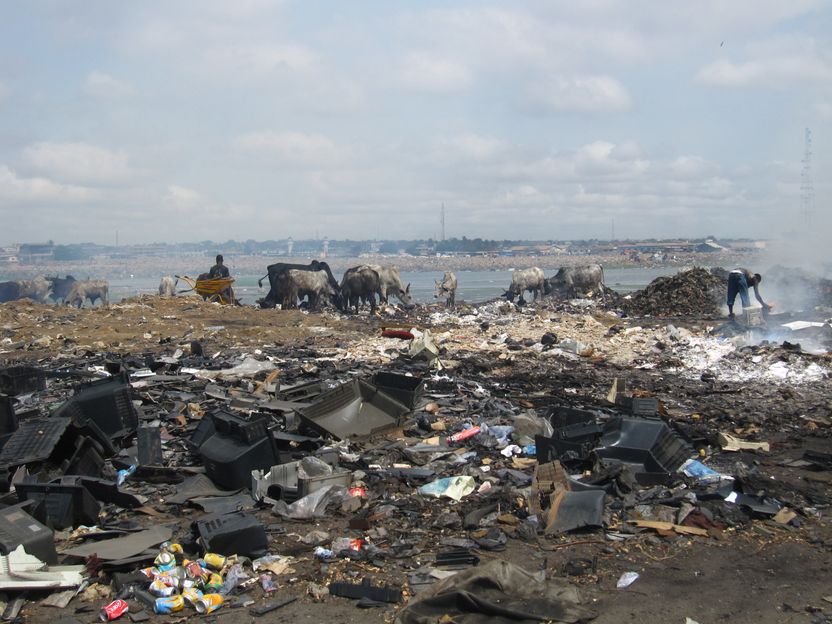
Cows searching for leftovers amongst the poisonous waste on an informal waste tip in Accra (Ghana): In the background, there is a lagoon that has been highly contaminated by the informal recycling activities.
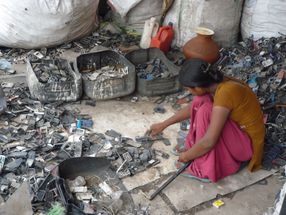
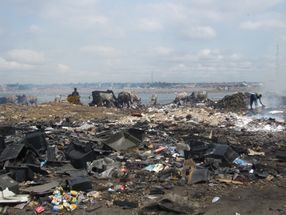
Non-renewable raw materials such as copper and gold originate in many cases in developing countries. The availability of many metals, for example rare earth elements, is becoming noticeably more critical. Therefore, efficient management of these raw materials is more important than ever. The recycling of discarded consumer goods can make a big contribution; much of this recycling involves electronic devices and household equipment.
e-waste as key economic factor
In developing countries, the recovery of raw materials is mainly carried out by thousands of uncontrolled workers in what is referred to as the “informal” sector. This involves numerous risks, such as environmental pollution, health hazards and the cross-contamination of hazardous substances. In general there is a lack of quality and sustainability standards. A study recently carried out in New Delhi showed that the recycling of plastics is an important economic activity, which in this city alone employs between 20,000 and 25,000 people in more than 7,000 small businesses. The analysis also showed that the lead content in recycled plastics, which can for example be used to produce children’s toys and crockery, is sometimes significantly above the prescribed European limit. Consequently, as part of the new collaboration between SECO and Empa, an international process is being launched to develop new quality and sustainability standards for secondary raw materials.



